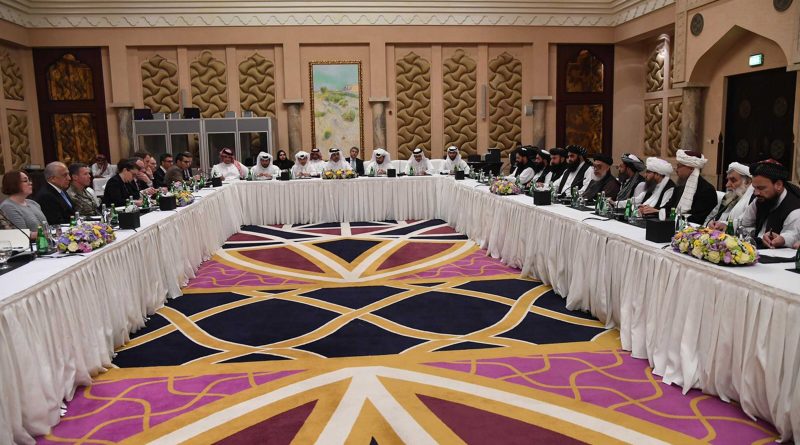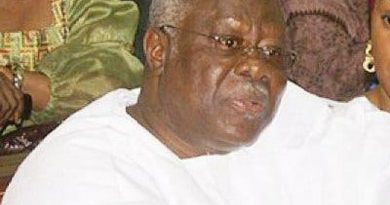High-stakes talks between Afghan gov’t, Taliban as fighting rages
Negotiators for the Afghan government and the Taliban are meeting in Doha as violence in the country escalates amid US troop withdrawal.
A senior delegation of the Afghan government and Taliban representatives have met in Doha for high-stakes negotiations as violence escalates on the ground in Afghanistan.
The two sides have been meeting on and off for months in the Qatari capital but the talks have lost momentum as a string of battlefield gains by the armed group has coincided with foreign forces finalising their withdrawal from Afghanistan.
The government delegation is comprised of several high-ranking officials, including former chief executive Abdullah Abdullah. Its reported aim is to support the government’s negotiating team in terms of speeding up the stalled talks.
“During his visit, Abdullah Abdullah will discuss important and crucial issues with Taliban representatives,” Fraidoon Kwazoon, the Afghan government delegation spokesman, told Al Jazeera.
“The solution to the conflict in Afghanistan lies in negotiations, and peace can be reached through dialogue,” he said.
On his part, Taliban spokesman Mohammad Naeem said the group has “repeatedly confirmed its readiness for dialogue and negotiations”, adding that the problems can “only be solved by dialogue”.
“But the Afghan government needs to also show the same commitment,” Naeem said.
“They need to show the right and sincere determination when it comes to negotiations in order to end these problems.”
“Both sides are saying that dialogue is the only way forward and they believe that a solution for a peaceful Afghanistan can only come from the table – but actions on the ground speak a very different language,” he said.
“There seems to be no headway, no real tangible progress. The Afghan side insist that there needs to be a ceasefire before there could be any real dialogue, and the Taliban insist that they want their version of Sharia, they want a government that is comprehensive and includes all sides of Afghanistan,” he said.
An Al Jazeera correspondent said special representatives from Europe, the United States and the United Nations were also present at the talks “to try and see if they can push to achieve some sort of peace in Afghanistan” after months of major disagreements.
“There isn’t much hope that there is going to be a concrete solution coming out of this meeting, but at least it is something to go forward with,” he said.
The Taliban has capitalised on the last stages of the withdrawal of US and other foreign troops from Afghanistan to launch a series of lightning offensives across the country.
Afghan forces clashed on Friday with Taliban fighters in Spin Boldak after launching an operation to retake the key southern border crossing with Pakistan.
The route is one of the main trade and travel routes between Afghanistan and Pakistan, and is an important source of revenue for the Western-backed government in Kabul.
The battle at the southern border follows weeks of intensifying fighting across Afghanistan, with the Taliban pressing multiple offensives and overrunning dozens of districts at a staggering rate.
The group has in recent weeks captured border crossings with Iran, Uzbekistan and Tajikistan while also tightening their grip in the north.
Al Jazeera’s Charlotte Bellis, reporting from Kabul, said the armed group now controls more than 50 percent of the country and that their grasp is getting “ever closer” to the capital.
As fighting raged over large swathes of Afghanistan, a war of words was also heating up between Kabul and Islamabad after the Afghan vice president accused the Pakistani military of providing “close air support to Taliban in certain areas”.
Pakistan strongly denied the claim, with a foreign ministry statement saying the country “took necessary measures within its territory to safeguard our own troops and population”.




